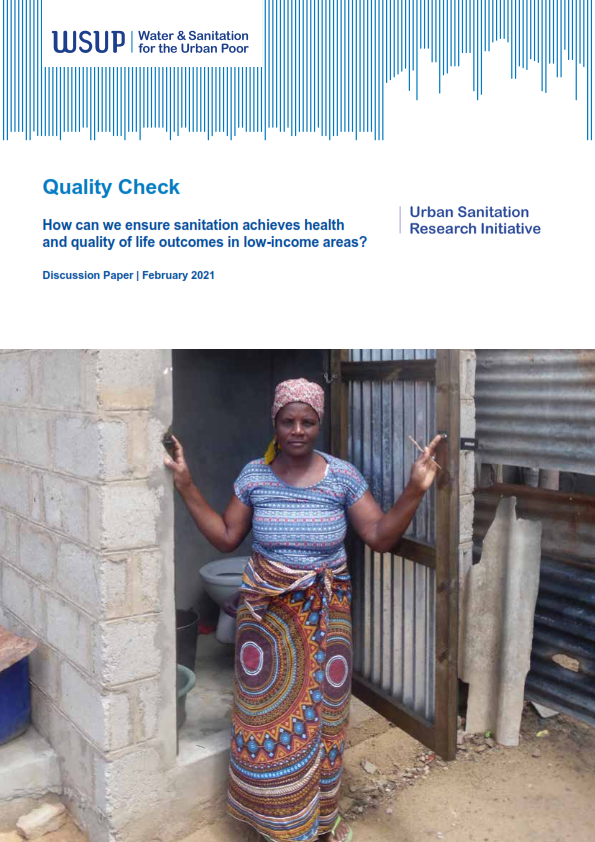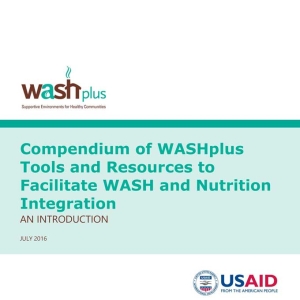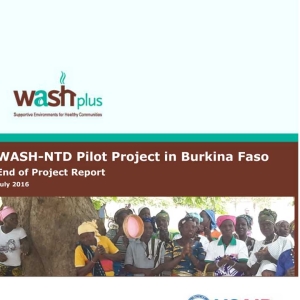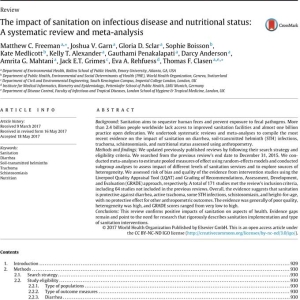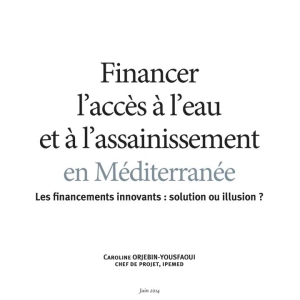Description
[vc_row][vc_column][vc_column_text]Download – QUALITY CHECK : HOW CAN WE ENSURE SANITATION ACHIEVES HEALTH AND QUALITY OF LIFE OUTCOMES IN LOW-INCOME AREAS?
Title: QUALITY CHECK : HOW CAN WE ENSURE SANITATION ACHIEVES HEALTH AND QUALITY OF LIFE OUTCOMES IN LOW-INCOME AREAS?
This publication explores how high-quality sanitation can be achieved in low-income urban areas in developing contexts. It is based on findings from four research projects conducted under, or in association with, WSUP’s Urban Sanitation Research Initiative 2016–2020 (USRI), funded by DFID. An analogous parallel publication, drawing upon findings of other USRI projects, looks at how high-quality sanitation for low-income areas can be financed.
The four research projects considered here are:
– The Faecal Pathogen Flows study in Dhaka (Bangladesh) — aiming to track and model how faecal pathogens move through urban low-income communities (LICs), as a tool to support sanitation intervention planning in developing contexts.
– The MapSan study carried out in Maputo (Mozambique) — one of the largest and most rigorous studies ever conducted of the health impacts of an urban sanitation intervention.
– The QUISS study — based on large-scale surveys in Bangladesh, Ghana and Kenya, aiming to identify minimum standards for high- quality shared sanitation in urban contexts, and workable indicators of shared sanitation quality.
– The Clean Team evaluation — assessing customer experience among customers of Clean Team Ghana, a container-based sanitation enterprise.
Catégorie : Assainissement urbain et péri-urbain[/vc_column_text][/vc_column][/vc_row]

